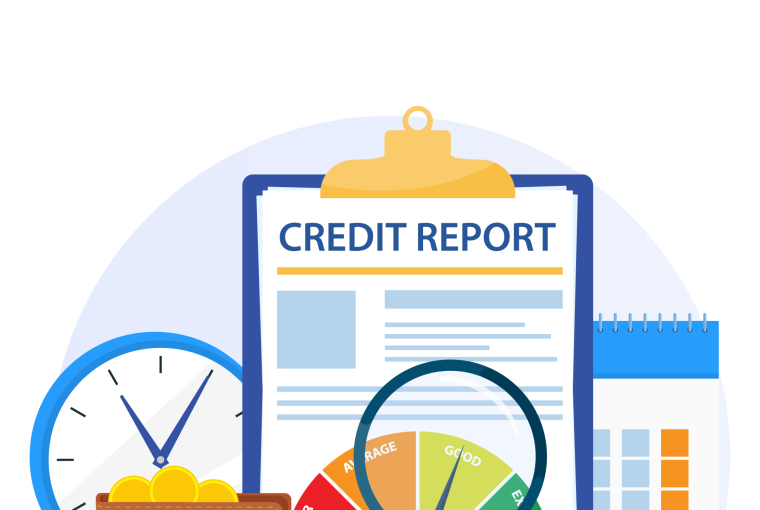Debt consolidation is a strategy employed by individuals looking to manage multiple debts more effectively. By combining various debts into a single loan, often with a lower interest rate, it simplifies monthly payments and can lead to significant savings. However, the process of consolidating debt can have a nuanced impact on your credit score. Understanding these effects is crucial for anyone considering this financial move.
Initial Impact on Your Credit Score
- Credit Inquiries: When you apply for a debt consolidation loan, the lender will perform a hard inquiry on your credit report. This can temporarily lower your credit score by a few points. Although the impact is typically minor, applying for multiple loans over a short period can accumulate and have a more significant effect.
- New Credit Accounts: Opening a new credit account for the purpose of consolidation also affects your score. Initially, it may decrease because it lowers the average age of your credit accounts. However, this negative impact is often offset by the reduction in your credit utilization ratio, provided you don’t accrue additional debt on your old accounts.
Long-term Effects on Credit Score
- Credit Utilization Ratio: One of the most significant benefits of debt consolidation is the potential improvement in your credit utilization ratio, which is the amount of credit you use compared to your available credit limit. By paying off credit card balances with a consolidation loan, you reduce your utilization ratio, which can positively impact your credit score, assuming you keep your balance low moving forward.
- Payment History: Consistently making on-time payments toward your consolidated loan can positively impact your credit score. Your payment history accounts for a substantial portion of your credit score calculation, emphasizing the importance of adhering to your new payment schedule.
Strategies for Minimizing Negative Impacts
- Shop for Loans Wisely: To minimize the impact of hard inquiries, focus your loan shopping within a short timeframe, typically 14 to 45 days, depending on the credit scoring model. This way, credit bureaus recognize your intent to find the best loan terms and count multiple inquiries as a single one for scoring purposes.
- Maintain Older Accounts: Keep your older credit accounts open, even after transferring their balances to the consolidation loan. This helps preserve the length of your credit history, which can benefit your credit score. However, resisting the temptation to rack up new charges on these accounts is crucial.
- Utilize Credit Repair Services: For individuals struggling with their credit score beyond debt consolidation, credit repair services can offer additional support. These services work by identifying and disputing errors on your credit report, which can positively affect your credit score. Engaging with reputable credit repair services can complement debt consolidation, especially if inaccuracies on your credit reports are part of the problem.
Potential Risks and How to Avoid Them
- Accumulating New Debt: After consolidating debt, one of the biggest risks is accruing new debt on the accounts you’ve just paid off. Avoid this by creating a budget that includes your debt consolidation loan payment and sticking to it.
- Understanding Terms and Fees: Understand all the terms and fees associated with your new consolidation loan. Some loans may come with high fees or variable interest rates that could increase your cost over time. Carefully compare the terms of any consolidation loan to ensure it truly benefits your financial situation.
Conclusion
Debt consolidation can be a powerful tool in managing and reducing debt, but its impact on your credit score requires careful consideration. The initial effects may include a temporary drop in your score due to hard inquiries and the opening of a new credit account.
However, with prudent management and strategic planning, consolidating debt can lead to an improved credit utilization ratio, a stronger payment history, and ultimately, a higher credit score. It’s vital to approach debt consolidation with a clear understanding of both its advantages and potential pitfalls. By doing so, you can make informed decisions that support your long-term financial health and creditworthiness.
- Online casino’s safeguards against crime - January 8, 2025
- The Best Slot Games For Low-Budget Play - December 14, 2024
- From Mob Mentality to Digital Thrills - December 10, 2024








